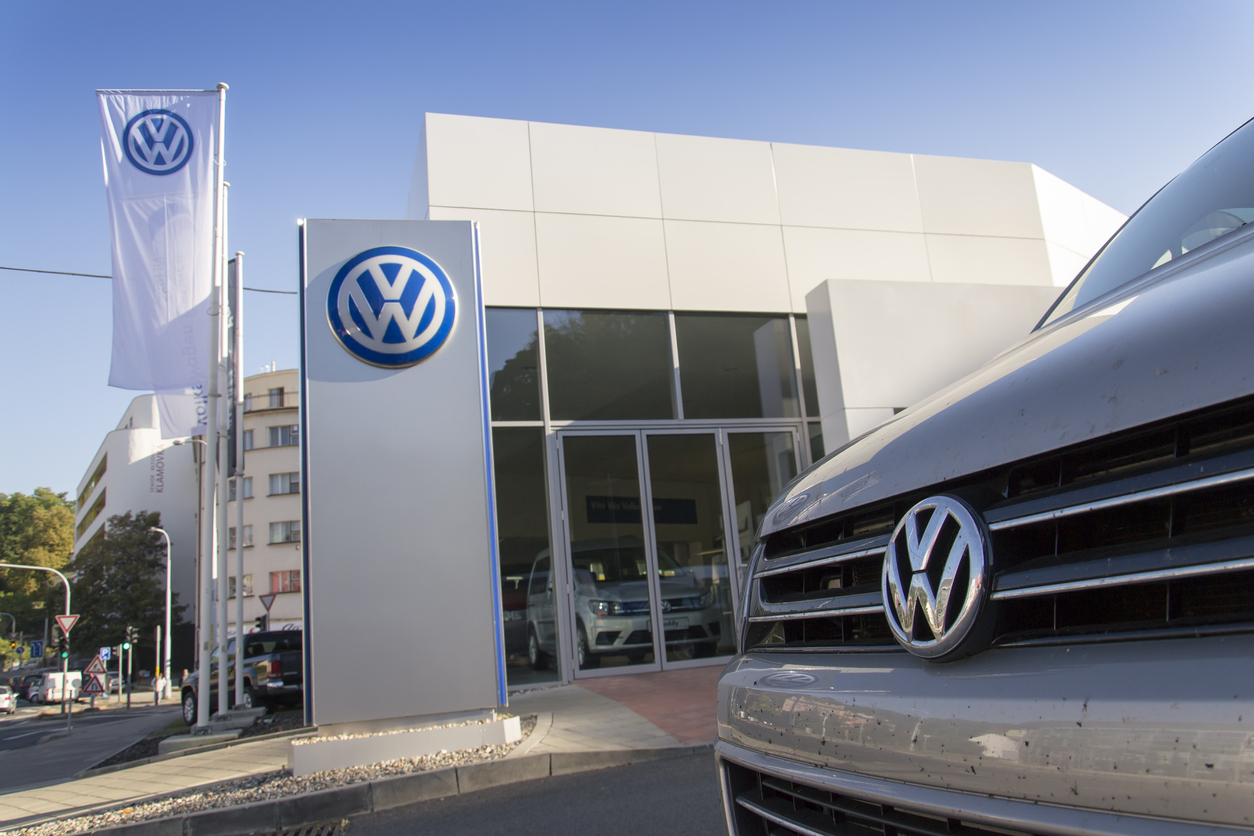Volkswagen and IG Metall Strike Landmark Deal to Secure Jobs and Shape Future Transformation
Volkswagen, Germany’s automotive powerhouse, has successfully negotiated a groundbreaking agreement with IG Metall, the nation’s largest trade union. The pact averts the immediate threat of plant closures and ensures long-term job security while laying out a roadmap for transformation in an increasingly competitive global market.
This agreement underscores Volkswagen's commitment to maintaining its operations in Germany while adapting to the demands of a shifting automotive landscape, marked by declining demand in key markets and intensifying competition from international players.
Details of the Agreement
The deal involves a phased reduction of over 35,000 jobs across Volkswagen's German operations by 2030. These reductions will be achieved through measures deemed "socially responsible," such as early retirements and voluntary severance packages, avoiding compulsory layoffs. This strategy is expected to yield savings of €15 billion (£12.4 billion) over the next decade.
Key provisions include:
- Wage Adjustments: A previously agreed 5% wage increase will be deferred to 2025 and 2026, aiding Volkswagen in managing its financial resources effectively.
- Apprenticeships: The annual number of apprenticeships will decline from 1,400 to 600 starting in 2026.
- Production Adjustments: Some production activities may be relocated to Mexico, while alternative plans for facilities in Dresden and Osnabrück are being considered.
The agreement ensures that Volkswagen retains its presence in Germany, avoiding plant closures, and continues to support its workforce while navigating economic challenges.
Navigating Global Challenges
The automotive sector has faced unprecedented disruptions in recent years, and Volkswagen is no exception. Reduced demand for its vehicles in China—once a cornerstone of profitability—has put pressure on the company’s revenues. Additionally, Chinese automotive brands are aggressively entering the European market, further straining Volkswagen’s competitive position.
The agreement with IG Metall represents Volkswagen's proactive approach to tackling these challenges while remaining committed to its employees and operational footprint in Germany.
Union Advocacy and Strikes
The negotiations were far from straightforward. Over 100,000 Volkswagen employees participated in "warning strikes" across the country to pressure company leadership into reaching a favorable resolution. These strikes highlighted the stakes of the negotiations and the critical role of unions in safeguarding worker interests.
Daniela Cavallo, head of IG Metall's works council, celebrated the agreement as a victory for employees, stating, “No site will be closed, no one will be laid off for operational reasons, and our company wage agreement will be secured for the long term.”
Volkswagen’s Strategic Vision
Beyond the immediate implications of the agreement, Volkswagen is focused on long-term transformation. The company is investing heavily in electric vehicles (EVs), digitalization, and innovative mobility solutions to secure its position in a rapidly evolving market.
Volkswagen CEO Oliver Blume emphasized the importance of the deal, stating, “This agreement is an important signal for the future viability of the Volkswagen brand.”
Related: Volkswagen Exits Xinjiang Plant Amid Global Controversy and EV Revolution
Government and Industry Reactions
The resolution has drawn praise from German Chancellor Olaf Scholz, who described it as a “positive, socially acceptable solution.” Industry analysts view the agreement as a balanced approach, allowing Volkswagen to manage its costs while investing in the technologies and strategies that will drive its future growth.
Looking Ahead
Volkswagen’s agreement with IG Metall reflects a delicate balance of maintaining employee welfare, addressing economic realities, and pursuing innovation. As the company faces mounting challenges in global markets, the deal provides a foundation for stability and transformation, ensuring that Volkswagen remains a leader in the automotive industry.














